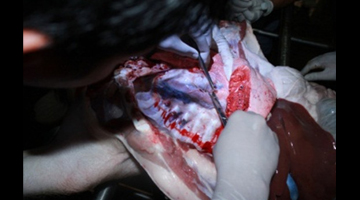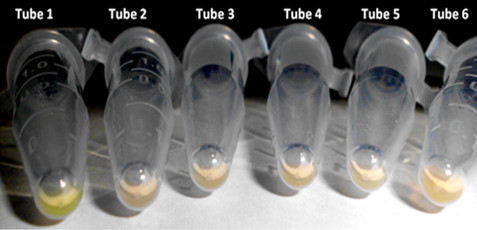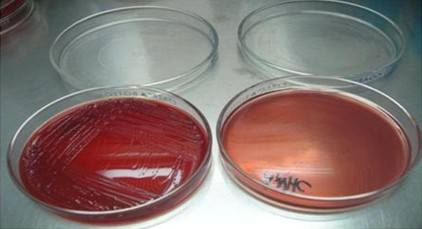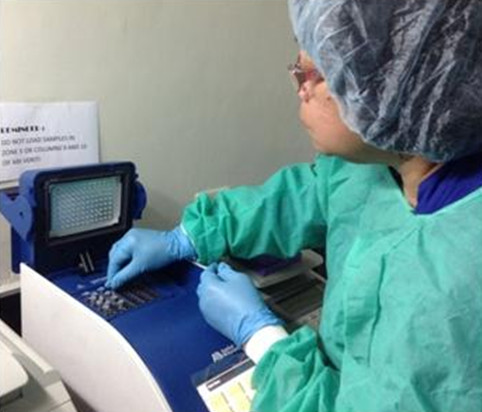 Improved laboratory tests dedicated to the quick and efficient detection of swine respiratory diseases have been established at the Department of Agriculture–Regional Field Unit 3 Regional Animal Disease Diagnostic Laboratory (DA-RFU 3 RADDL) in San Fernando City in Pampanga and Philippine Animal Health Center (PAHC) at the Bureau of Animal Industry in Vasra, Quezon City.
Improved laboratory tests dedicated to the quick and efficient detection of swine respiratory diseases have been established at the Department of Agriculture–Regional Field Unit 3 Regional Animal Disease Diagnostic Laboratory (DA-RFU 3 RADDL) in San Fernando City in Pampanga and Philippine Animal Health Center (PAHC) at the Bureau of Animal Industry in Vasra, Quezon City.
The PCAARRD–Australian Center for International Agricultural Research Swine Respiratory Project (AH/2009/022) initiated benchmarking of these technologies, their development and the training of the technical staff at RADDL and PAHC. All laboratory tests developed through the project shall be integrated in PAHC’s and RADDL’s list of routine services this 2014. In addition, re-training of other regional animal diagnostic laboratories in the country will be led by the staff of both laboratories.
The tests include a combination of improved methods for traditional tests such as bacterial isolation and the introduction of cutting-edge technology using molecular tests for respiratory diseases.

 At RADDL, methods for improved bacterial isolation and identification and training of technical staff were conducted by partners from the University of Queensland in Australia. Bacterial isolation remains an important part of animal disease diagnosis not only because these are easily performed in laboratories but also because of the importance of live culture in conducting molecular tests such as DNA sequencing and serotyping disease agents. Polymerase Chain Reaction (PCR) test for swine influenza was also established.
At RADDL, methods for improved bacterial isolation and identification and training of technical staff were conducted by partners from the University of Queensland in Australia. Bacterial isolation remains an important part of animal disease diagnosis not only because these are easily performed in laboratories but also because of the importance of live culture in conducting molecular tests such as DNA sequencing and serotyping disease agents. Polymerase Chain Reaction (PCR) test for swine influenza was also established.
Meanwhile at PAHC, more advanced tests were developed by the project namely, PCR for Mycoplasma hyopneumoniae, Actinobacillus pleuropneumoniae, and Haemophilus parasuis. Serotype-cultured Actinobacillus pleuropneumoniae (Type 1,5,7,12) from tissue samples was also transferred at PAHC.
 Respiratory diseases have long been considered a common yet neglected problem in swine production. As the industry pushes for more efficient production systems to support development and livelihood goals of the Philippine swine sector, the threat posed by respiratory diseases remain high. Thus the project aims to develop and succeed in establishing diagnostic tests for swine respiratory diseases.
Respiratory diseases have long been considered a common yet neglected problem in swine production. As the industry pushes for more efficient production systems to support development and livelihood goals of the Philippine swine sector, the threat posed by respiratory diseases remain high. Thus the project aims to develop and succeed in establishing diagnostic tests for swine respiratory diseases.
